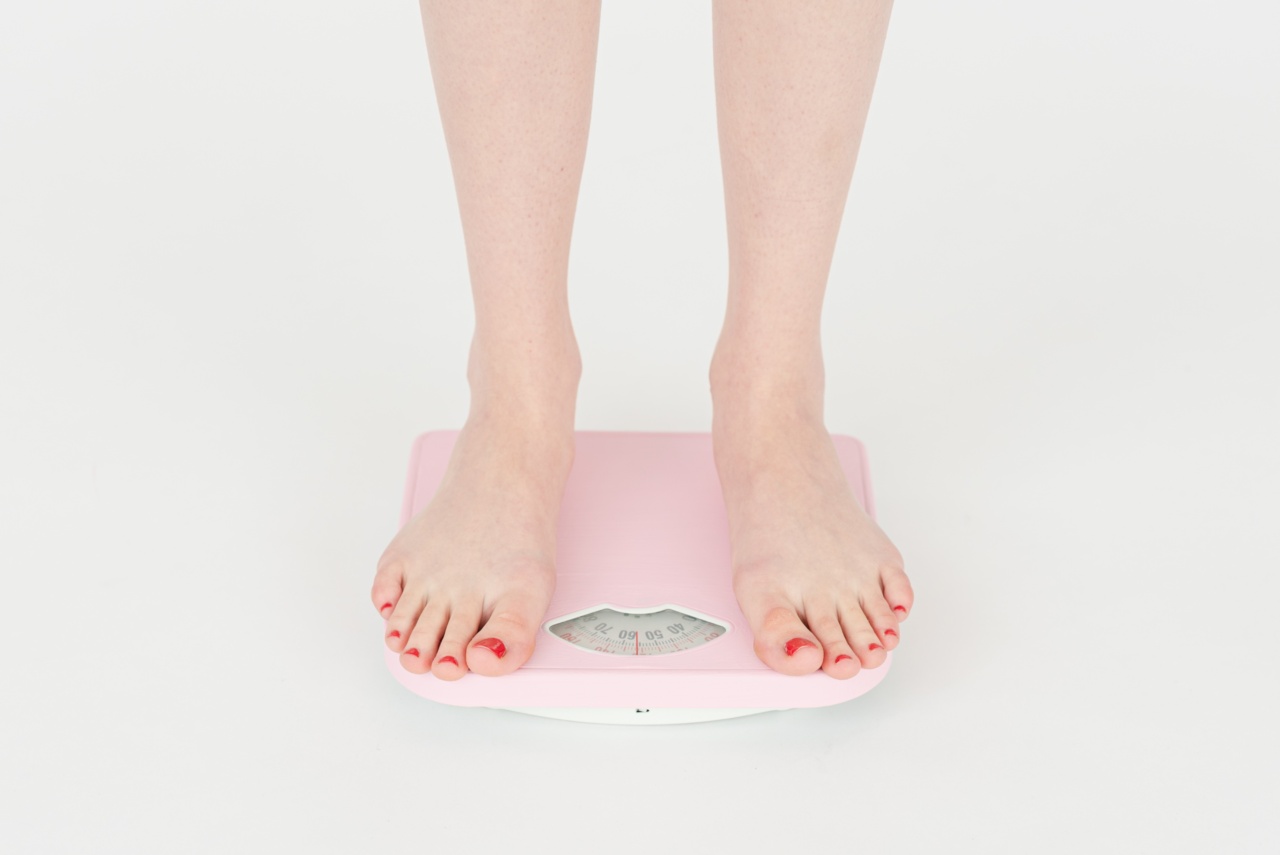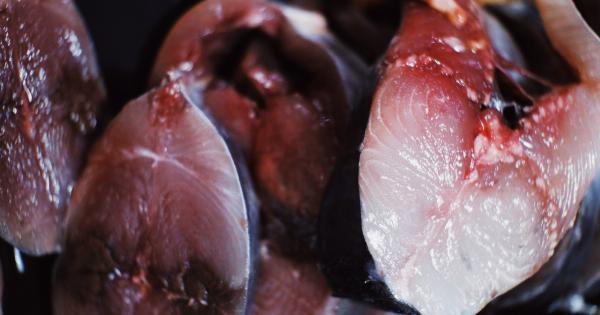High blood pressure, or hypertension, is a common condition that affects millions of people worldwide.
It occurs when the blood flowing through your arteries exerts too much pressure against your artery walls, putting a strain on your circulatory system and increasing your risk of developing serious health problems, such as heart disease, stroke, and kidney failure.
While there are many factors that can contribute to high blood pressure, such as genetics, age, and lifestyle choices, diet plays a significant role.
Certain foods have been shown to have a positive effect on blood pressure by lowering inflammation, improving circulation, and reducing sodium intake.
If you’re looking for natural ways to control your high blood pressure, try incorporating these 16 foods into your diet:.
1. Leafy Greens
Leafy greens, such as spinach, kale, and collard greens, are packed with nutrients that help support heart health, including potassium, magnesium, calcium, and vitamin K.
Studies have shown that eating leafy greens can lower blood pressure and reduce your risk of heart disease.
2. Berries
Berries are rich in antioxidants, which help protect against oxidative stress that can lead to inflammation and heart disease.
In particular, blueberries have been shown to improve endothelial function and reduce blood pressure in people with metabolic syndrome.
3. Beets
Beets contain high levels of nitrates, which your body turns into nitric oxide. Nitric oxide relaxes and dilates blood vessels, improving circulation and reducing blood pressure.
One study found that drinking one cup of beet juice daily can significantly reduce blood pressure in people with hypertension.
4. Avocado
Avocado is rich in monounsaturated fats, which have been shown to reduce blood pressure and improve cholesterol levels. In addition, avocados contain potassium, which helps regulate blood pressure by counteracting the effects of sodium.
5. Citrus Fruits
Citrus fruits, such as oranges and grapefruits, are high in vitamin C and other antioxidants that support heart health. Research shows that consuming citrus fruits can lower blood pressure and reduce your risk of developing hypertension.
6. Salmon
Salmon is an excellent source of omega-3 fatty acids, which have been shown to reduce inflammation, improve circulation, and lower blood pressure.
In addition, eating salmon can improve your overall heart health by reducing your risk of developing heart disease and stroke.
7. Legumes
Legumes, such as lentils, chickpeas, and black beans, are a great source of plant-based protein and fiber. Studies have shown that eating legumes can lower blood pressure and reduce your risk of developing heart disease.
8. Tomatoes
Tomatoes are high in potassium and lycopene, a powerful antioxidant that has been shown to lower blood pressure and reduce your risk of developing heart disease.
Cooking tomatoes can increase the bioavailability of lycopene, so try incorporating tomato sauce, soup, or paste into your meals.
9. Garlic
Garlic has been used for medicinal purposes for thousands of years and has been shown to have a variety of health benefits, including reducing blood pressure.
It contains a compound called allicin, which has been shown to improve circulation and lower blood pressure in people with hypertension.
10. Sweet Potatoes
Sweet potatoes are a great source of potassium, which helps regulate blood pressure by countering the effects of sodium. They are also high in fiber and other nutrients that support heart health.
11. Dark Chocolate
Dark chocolate is high in flavanols, which have been shown to improve endothelial function and reduce blood pressure.
In addition, the antioxidants in dark chocolate can help protect against inflammation and oxidative stress, which are risk factors for heart disease.
12. Walnuts
Walnuts are an excellent source of omega-3 fatty acids and other nutrients that support heart health. Studies have shown that eating walnuts can lower blood pressure and reduce your risk of developing heart disease.
13. Olive Oil
Olive oil is rich in monounsaturated fats, which have been shown to reduce blood pressure and improve cholesterol levels.
In addition, olive oil contains polyphenols, a type of antioxidant that has been shown to improve endothelial function and reduce inflammation.
14. Pomegranate
Pomegranates are high in antioxidants, including polyphenols and tannins, which have been shown to improve endothelial function and lower blood pressure.
Drinking pomegranate juice regularly has also been shown to reduce plaque buildup in the arteries, which can lower your risk of developing heart disease.
15. Yogurt
Yogurt is a great source of calcium, potassium, and other nutrients that support heart health. Studies have shown that consuming yogurt can lower blood pressure and reduce your risk of developing hypertension.
16. Oatmeal
Oatmeal is high in fiber and other nutrients that support heart health. Studies have shown that eating oatmeal can lower blood pressure and reduce your risk of developing heart disease.
Try adding some berries and nuts to your oatmeal for an even more heart-healthy breakfast.
Conclusion
While there’s no magic bullet for controlling high blood pressure, eating a healthy diet that’s rich in fruits, vegetables, whole grains, and lean protein can help.
These 16 foods are a great place to start, but be sure to talk to your doctor about the best diet and lifestyle choices for your unique situation.






























